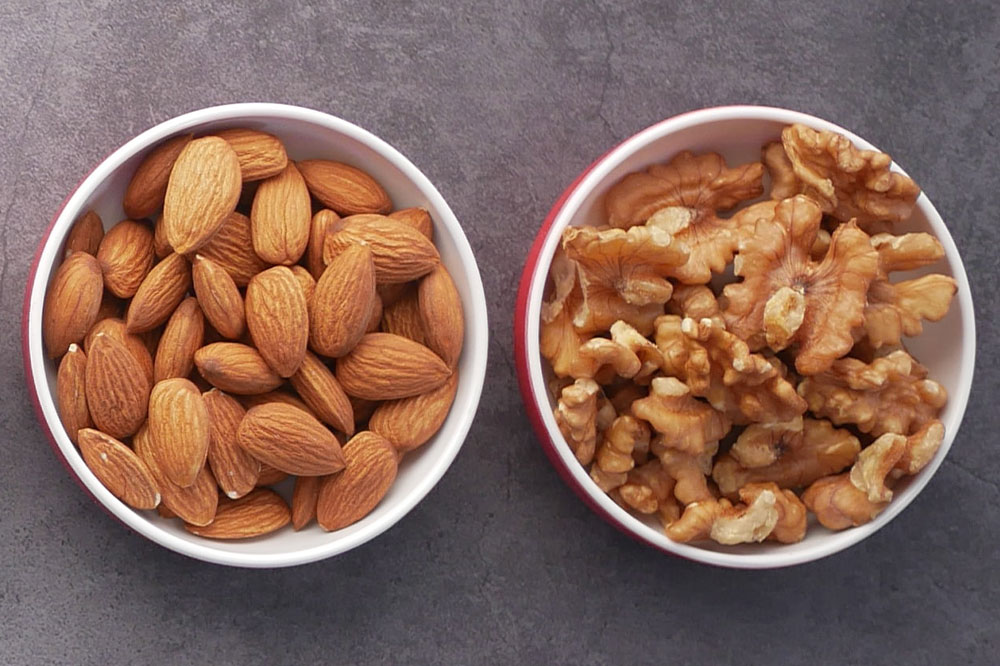
5 Eating Habits to Lower Cholesterol Levels
High cholesterol and food often go hand in hand. Cholesterol levels say a lot about the fat content in your blood. And more often than not, these levels increase due to a slew of unhealthy eating habits. The unhealthy levels don’t just cause an increase in weight but also harden the arteries. It can cause heart diseases, strokes, heart attacks, and many other life-threatening problems. Therefore, to lower cholesterol levels, it’s important to avoid these eating habits.
1. Cut down on trans fats
Trans fats are one of the main reasons for unhealthy cholesterol levels in the system. These fats are found in fried foods, pizza dough, pastries, muffins, cookies, and many more prepackaged foods. As tasty as these foods are, they tend to raise the unhealthy cholesterol levels in your body. So you might want to check the packet labels for the fat before making the purchase, to work towards a healthier lifestyle.
2. Avoid excessive alcohol
Alcohol is a substance that introduces extra calories to the body. It can lead to a gain in weight and subsequently an increase in LDL level and a decrease in the HDL level. Also, if consumed in excess, alcohol is extremely injurious to your health, even leading to heart diseases. So it’s advisable to stick to two drinks a day (or none at all) to control high cholesterol levels or other life-threatening conditions.
3. Hold the sodium
Sodium, or otherwise salt, is an organic seasoning that enhances the flavor of almost all meals that we eat. However, too much sodium has been known to increase blood pressure. Therefore, try and limit your daily salt intake to a teaspoon a day. Instead, pick low salt or food salt-free seasonings as a substitute. Cutting salt from your foods can decrease said pressure and help avoid the risk of heart diseases.
4. No saturated fats
Foods like lamb, beef, pork, even full-fat dairy like cream, milk, butter, cheese, and more contain alarming levels of saturated fat. Even palm and coconut oils are unhealthy culprits when it comes to the link between high cholesterol and foods. These can raise LDL levels which are severely dangerous to your wellbeing. Therefore, it is recommended to cut down on fats from meats and consume skim milk and low-fat yogurt.
5. Don’t skimp on the fiber
With the amount of junk food available on supermarket shelves, it’s very easy to forget about fiber-rich foods. The shadowed, fiber-rich list includes whole-grain cereals like oatmeal and oat bran and fruits like apples, oranges, prunes, and bananas. It also includes legumes like lentils, black-eyed peas, kidney beans, and lentils. Adding these fibers to your daily food intake will prevent the digestive tract from absorbing cholesterol.
Avoiding the eating habits listed above can help control high cholesterol levels. However, it is also best to speak with a trained professional, a doctor, before you make any drastic changes to your daily meals.
